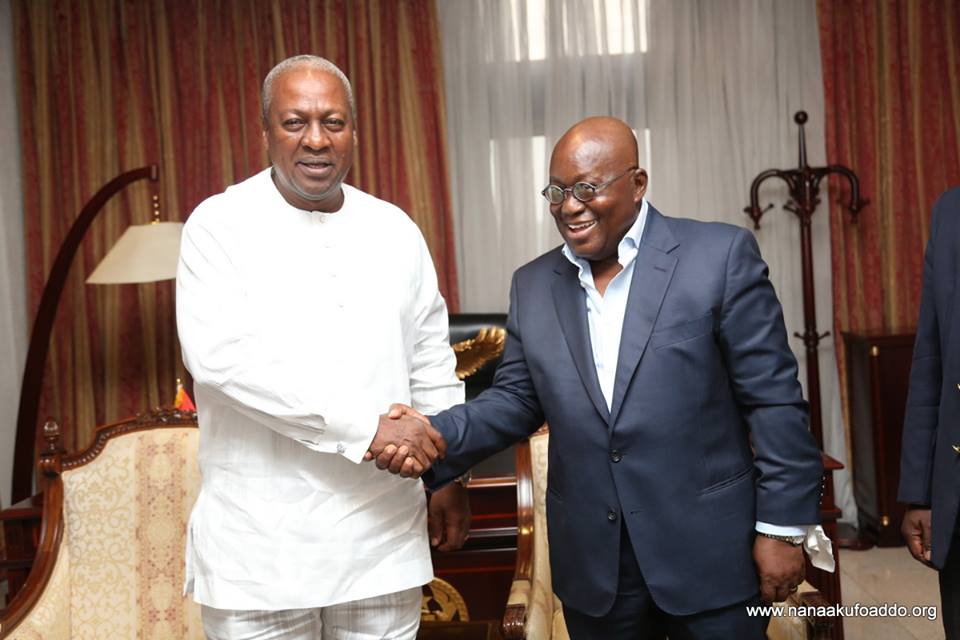If presidential elections were held today, no candidate would have the required 50+1 per cent needed to claim a one-touch victory.
Also, majority of the youth aged between 18 and 35 years say they will not vote at all, while 42 per cent of Ghanaians also say they are undecided over who they will vote for.
This is the latest Afrobarometer report of the Centre for Democratic Development-Ghana (CDD-Ghana) over elections.
It is part of the general survey conducted by the CDD from September 16 to October 3 this year.
A survey conducted in Ghana indicates that about 42 per cent Ghanaians have not yet decided on who to vote for in the 2020 presidential race.
This indicates that a chunk of the electorate are still waiting to be convinced in the remaining year before the elections are held.
Percentages
Asked if they would vote at all if the elections were held today, 11 per cent of the respondents said they would not compared to the five per cent of the same sample size who gave a similar response when interviewed in 2017.
Also, 34 per cent of the respondents indicated that they would vote for the ruling New Patriotic Party (NPP) with 22 per cent opting for the opposition National Democratic Congress (NDC).
Fourteen per cent of the youth between the ages of 18 and 35 years, twice the number of adults interviewed, said they would not vote, while 17 per cent of the highly educated, those with post-secondary education and relatively well-off citizens said they would not vote. Additionally, 15 per cent of urban residents also said they would not vote compared to seven per cent of rural residents.
From the report of 2019 and previous years, while the NPP seems to have lost some ground, the NDC remained consistent.
Thirty-four per cent of the respondents said they would vote for the ruling party in this latest survey compared to 49 per cent in 2017 and 34 per cent in 2014, before the party assumed power.
The latest report has 22 per cent for the NDC, the same percentage of respondents who said they would vote for the opposition party in 2017, a percentage less than those who indicated that they would vote for the party during the 2014 survey.
Previous survey
Two thousand and four respondents were used and a sample of that size yielded country-level results with a margin of error of +/-2 percentage points at a 95 per cent confidence level, the report said.
Previous surveys were conducted in the country in 1999, 2002, 2005, 2008, 2012, 2014 and 2017.
Low turnout
In an interview with the Daily Graphic, an Assistant Research Officer at CDD, Mr Gilbert Asiamah, said the report indicated that there was a possibility of a low turnout in the 2020 election, considering the figure that was undecided.
He was not certain as to whether there would be a run-off in the elections, but indicated that it was going to affect the legitimacy of whoever was going to be elected.
Touching on what could possibly account for such a situation, he said, it could be as a result of many years of failed promises from politicians.
“From the survey, we realised that more of the youth in the urban centers have lost interest as compared to those in the rural areas, this means governments over the years have not been able to address critical issues that affect the urban areas,” Mr Asiamah stated.
He, however, stated that the ground was still fertile for the parties to make a difference, considering the time left before the 2020 elections.



